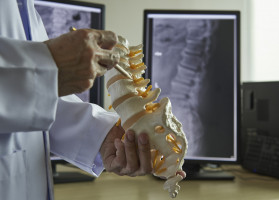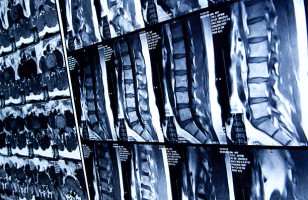You might also enjoy

May 20th, 2021
Myths and Facts About Osteoporosis
Perhaps you’ve noticed that you’re shorter than you once were, or you’re experiencing unexplained back pain. These are just a few of the signs of osteoporosis. We review some of the myths and facts about this condition here.
.jpg)
Sep 3rd, 2022
Camelback Spine Care Adds New Orthopedic Surgeon To The Practice
Paramjit (Param) Singh, MD is a fellowship-trained orthopedic spine surgeon. He has a keen interest in treating spinal deformity, degenerative conditions of the spine, extradural spinal tumors, and trauma. He also has an interest in motion preservation surgery using cervical disc replacements and cervical laminoplasty procedures for stenosis

Oct 13th, 2021
Kyphoplasty treatments in office
Camelback Spine Care is now offering Kyphoplasty surgery in an office setting that allow patients to go home the same day. This minimally invasive outpatient surgery typically is done within one or two hours. Following the surgery and a brief waiting period for Dr. Bedi to assess the outcome, patients are allowed to go home under the supervision or care of a friend or family member. Schedule and appointment with Dr. Bedi and Camelback Spine Care to see if in-office Kyphoplasty treatment is right for you
.jpg)
Apr 11th, 2022
Phoenix Magazine Top Doctors Edition
Dr. Harvinder Bedi is honored and humbled to be highlighted in this edition of Phoenix Magazine, featuring the best doctors and surgeons in their respective fields.

Feb 22nd, 2022
Understanding your spine
This month we focus on understanding the spine, and better informing patients about proper care in order to maintain a healthy spine.Â

Mar 9th, 2021
Who's at Risk for Degenerative Disc Disease?
Your body relies on your spine for support, range of motion, and mobility. Playing no small role in this effort are your intervertebral discs, which makes degenerative disc disease very problematic. Are you at risk?